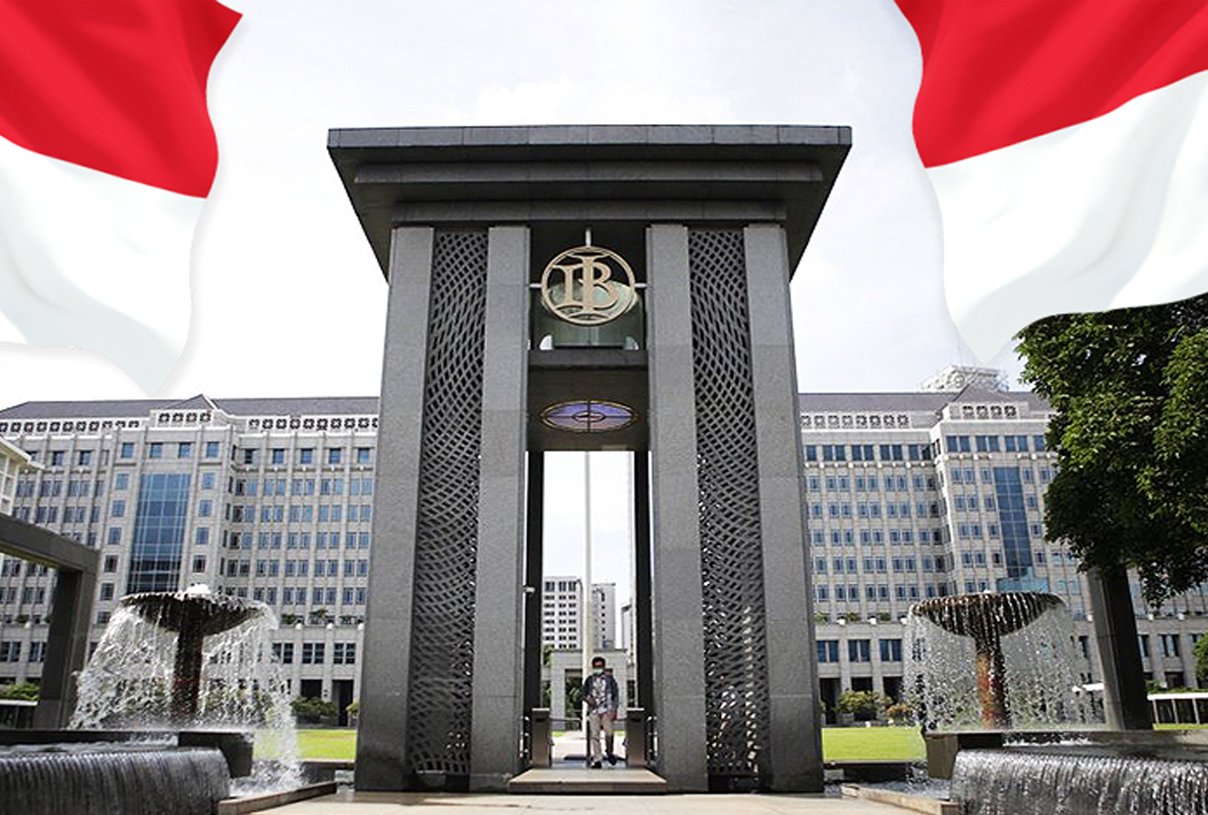
Land disputes are among the most common and complex legal issues in Indonesia, often involving overlapping claims, unclear boundaries, or conflicting land certificates. A critical question that arises in such cases is: Which court has the authority to adjudicate land disputes—the District Court (Pengadilan Negeri or PN) or the State Administrative Court (Pengadilan Tata Usaha Negara or PTUN)? The answer depends on the nature of the dispute and the specific regulations governing land cases. This article explores the jurisdictional boundaries between the PN and PTUN, the implications of Regulation of the Minister of ATR/Head of BPN No. 21/2020, and what parties should do when faced with a land dispute.
Understanding the Jurisdictional Divide: PN vs. PTUN
In Indonesia, the authority to handle land cases is divided between the District Court (PN) and the State Administrative Court (PTUN) based on the type of dispute:
- District Court (PN)
- The PN has authority over civil land disputes, which typically involve private parties. Examples include:
- Ownership disputes between individuals or entities.
- Boundary conflicts between neighboring landowners.
- Inheritance disputes involving land.
- The PN resolves these cases based on civil law principles, including the Civil Code (Kitab Undang-Undang Hukum Perdata) and Agrarian Law (Undang-Undang Pokok Agraria/UUPA).
- The PN has authority over civil land disputes, which typically involve private parties. Examples include:
- State Administrative Court (PTUN)
- The PTUN handles administrative land disputes, which involve government decisions or actions. Examples include:
- Disputes over land certificates issued by the National Land Agency (BPN).
- Objections to land acquisition for public interest.
- Challenges to zoning or land use decisions by local governments
- The PTUN adjudicates these cases under Administrative Law (Undang-Undang Peradilan Tata Usaha Negara).
- The PTUN handles administrative land disputes, which involve government decisions or actions. Examples include:
Key Implications of Regulation of the Minister of ATR/Head of BPN No. 21/2020
Regulation of the Minister of Agrarian Affairs and Spatial Planning/Head of the National Land Agency (ATR/BPN) No. 21/2020 provides clarity on the types of land cases and their respective jurisdictions. Key points include:
- Civil Land Disputes
- Disputes between private parties over land ownership, boundaries, or transactions fall under the PN’s authority.
- Examples: Disputes over land sales, inheritance, or encroachment.
- Administrative Land Disputes
- Disputes arising from government decisions or actions, such as land registration, certification, or acquisition, fall under the PTUN’s authority.
- Examples: Objections to land certificates issued by BPN or disputes over land use permits.
- Overlapping Jurisdictions
- In some cases, a land dispute may involve both civil and administrative elements. For example, a dispute over land ownership may also challenge the validity of a land certificate issued by BPN.
- In such cases, the court’s authority depends on the primary issue:
- If the main issue is a private dispute, the PN has authority.
- If the main issue is a government decision, the PTUN has authority.
What to Do Next in Land Disputes
If you are involved in a land dispute, follow these steps to ensure your case is handled correctly:
- Identify the Nature of the Dispute
Determine whether the dispute is civil (between private parties) or administrative (involving a government decision). - Consult a Legal Expert
Engage a lawyer with expertise in land law to assess the case and advise on the appropriate court (PN or PTUN). - Gather Evidence
- Collect all relevant documents, such as land certificates, sale agreements, maps, and correspondence with government agencies.
- File the Case in the Correct Court
Submit your claim to the PN or PTUN based on the nature of the dispute. Filing in the wrong court can lead to dismissal and delays. - Prepare for Litigation
Work with your lawyer to build a strong case, including witness testimonies, expert opinions, and legal arguments. - Explore Alternative Dispute Resolution
Consider mediation or negotiation to resolve the dispute without going to court, especially in civil cases.
Relationship Between Land Disputes and Regulation of the Minister of ATR/Head of BPN No. 21/2020
Regulation of the Minister of ATR/Head of BPN No. 21/2020 plays a crucial role in distinguishing land cases and guiding parties on the appropriate legal pathways. By clarifying the jurisdictional boundaries between the PN and PTUN, this regulation helps streamline the resolution of land disputes and reduces confusion for litigants.
Key impacts of the regulation include:
- Clarity: Parties can identify the correct court for their dispute, avoiding unnecessary delays.
- Efficiency: Courts can focus on cases within their expertise, improving the quality of adjudication.
- Legal Certainty: Clear guidelines reduce the risk of conflicting rulings between the PN and PTUN
Land ownership disputes: the legal principle is that TUN decisions relating to land ownership do not fall within the jurisdiction of TUN courts, but rather the jurisdiction of general courts involving all interested parties.
Therefore, a person who feels that his interests have been violated in terms of land ownership rights can file a lawsuit with the District Court.
General Courts and Their Authority
If the issue is a dispute over land ownership rights and not the validity of the issuance of a land title certificate, then this becomes the authority of the District Court to examine, try and decide on the ownership dispute. Based on the exception to the PTUN Decision No. 221/G/2011/PTUN-JKT, this is in accordance with the Supreme Court Jurisprudence No. 22/K/TUN/1998 jo. 16 K/TUN/2000 jo. 93/K/TUN/1996 which states (p.30):
Land ownership disputes: the legal principle is that TUN decisions relating to land ownership are not included in the authority of the TUN court, but rather the authority of the general court involving all interested parties. (Sengketa kepemilikan tanah: kaidah hukumnya adalah bahwa keputusan TUN yang berkaitan dengan kepemilikan tanah tidak termasuk wewenang peradilan TUN, melainkan wewenang peradilan umum dengan melibatkan semua pihak yang berkepentingan.)
Therefore, someone who feels that their interests have been violated in terms of land ownership rights can file a lawsuit with the District Court.
Legal Basis:
- Undang-Undang Nomor 2 Tahun 1986 tentang Peradilan Umum sebagaimana diubah dengan Undang-Undang Nomor 8 Tahun 2004 tentang Perubahan atas Undang-undang Nomor 2 Tahun 1986 tentang Peradilan Umum dan diubah kedua kali dengan Undang-Undang Nomor 49 Tahun 2009 tentang Perubahan Kedua atas Undang-undang Nomor 2 Tahun 1986 tentang Peradilan Umum;
- Undang-Undang Nomor 5 Tahun 1986 tentang Peradilan Tata Usaha Negara sebagaimana diubah dengan Undang-Undang Nomor 9 Tahun 2004 tentang Perubahan atas Undang-undang Nomor 5 Tahun 1986 tentang Peradilan Tata Usaha Negara dan diubah kedua kali dengan Undang-Undang Nomor 51 Tahun 2009 tentang Perubahan Kedua atas Undang-undang Nomor 5 Tahun 1986 tentang Peradilan Tata Usaha Negara;
- Undang-Undang Nomor 48 Tahun 2009 tentang Kekuasaan Kehakiman;
- Peraturan Pemerintah Nomor 24 Tahun 1997 tentang Pendaftaran Tanah;
- Peraturan Presiden Nomor 48 Tahun 2020 tentang Badan Pertanahan Nasional;
- Peraturan Menteri Agraria dan Tata Ruang/Kepala Badan Pertanahan Nasional Nomor 21 Tahun 2020 tentang Penanganan dan Penyelesaian Kasus Pertanahan.
Conclusion
Land disputes in Indonesia require careful consideration of the jurisdictional boundaries between the District Court (PN) and the State Administrative Court (PTUN). Understanding the nature of the dispute—whether civil or administrative—is essential to filing the case in the correct court and achieving a favorable outcome. Regulation of the Minister of ATR/Head of BPN No. 21/2020 provides valuable guidance in this regard, ensuring that land cases are adjudicated efficiently and fairly.
If you are involved in a land dispute, consult with a legal expert MAF & Partners Law Firm to navigate the complexities of land law and protect your rights. Proactive legal action is key to resolving land disputes and safeguarding your property interests.
Tags:
Land, Real Estate and Property
Arbitration and Dispute Resolution
Criminal Defense and Investigation






